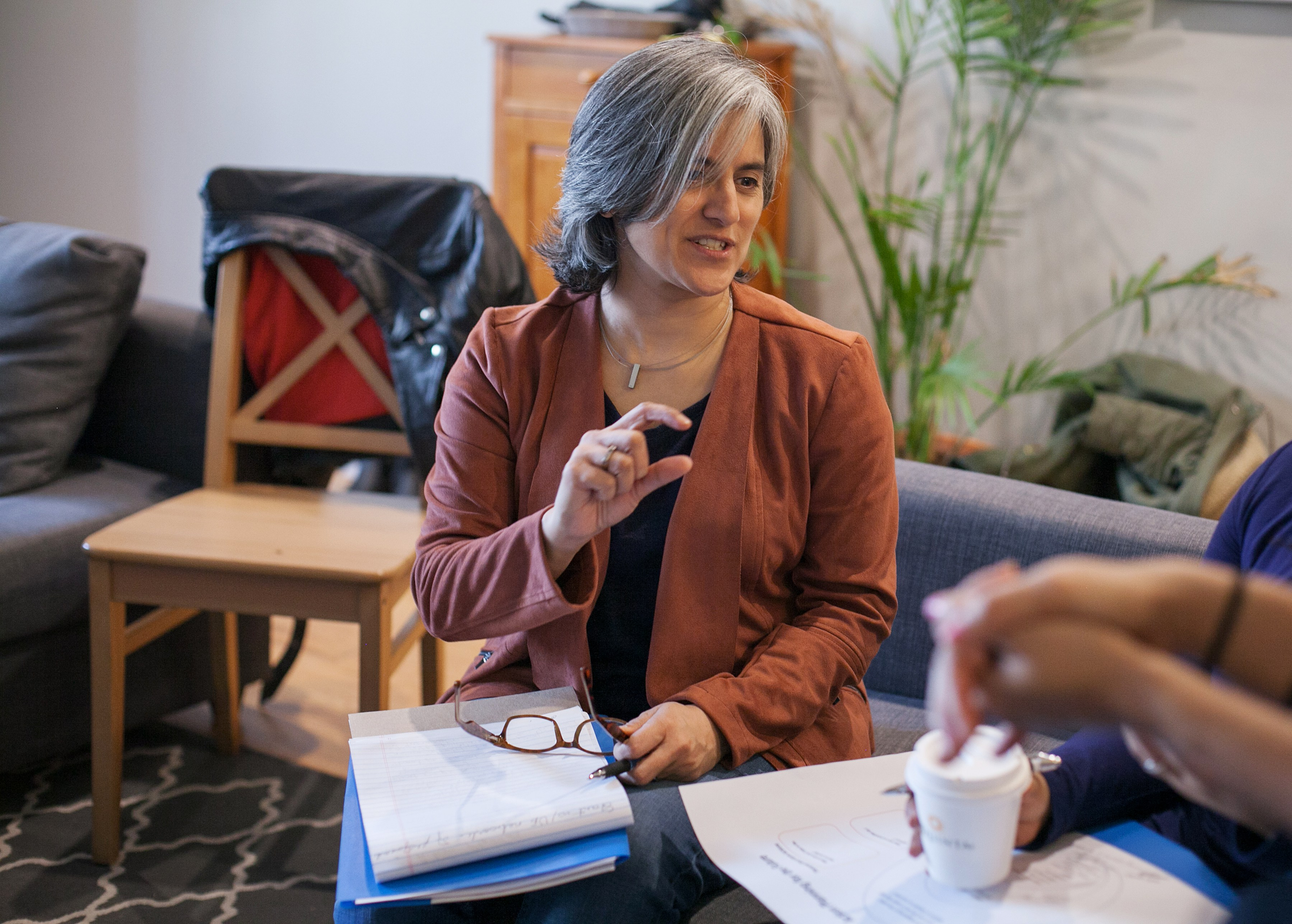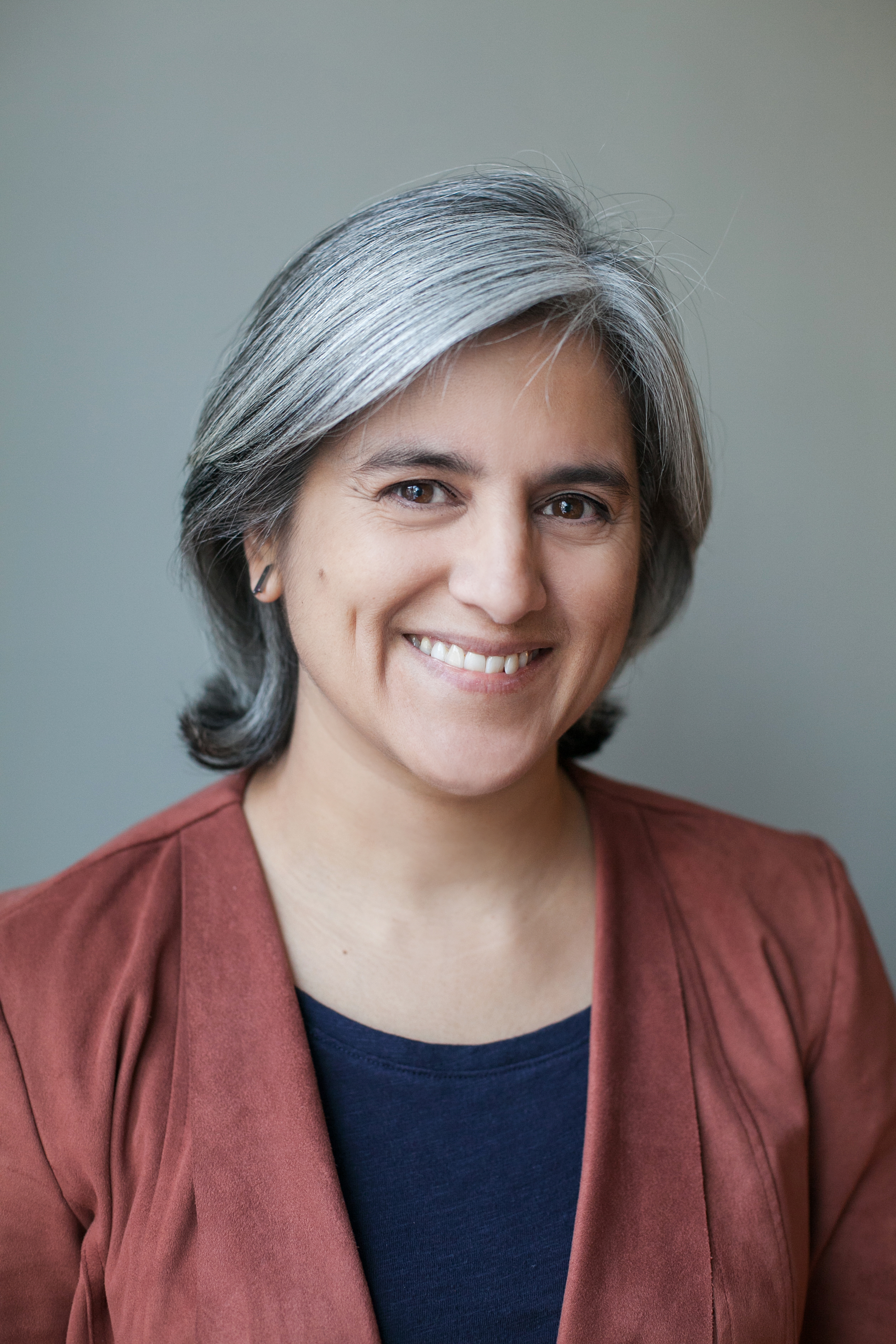By Zehra Patwa, WeSpeakOut
Retreat [ri-treet]: a period of group withdrawal for prayer, meditation, study, or instruction.
When I initially signed up for Sahiyo’s retreat for Bohra anti-FGC activists in the US, I thought it would be a good opportunity to network, share ideas, and develop strategies. What I wasn’t prepared for was the incredibly nurturing support I received from the other attendees, as well as from those who ran the retreat.
I have been an anti-FGM/C activist since 2015. Since then, I have been accused of promoting myself to attract attention, to make money, and so that I can shame the community. It’s exhausting and demoralizing.
Despite what people may think (and they tell me what they think every day!), I am not comfortable being in the spotlight, I never have, but when I discovered at the age of 42 that khatna/khafd was happening in the Bohra community and that I was also subjected to it at the age of 7, I could not stay quiet. This was the start of my journey. I knew nothing about anatomy, or laws, or religious texts, or social rituals surrounding khatna. I learned everything I possibly could through talking to others in my community, including activists, talking to health and legal experts, reading everything I could find about FGM/C but, mostly, by listening to women’s stories of their khatna experiences and how they had been, and continue to be, affected long into adulthood.
This new knowledge has changed the way I see people. I freely admit that I have been guilty of making judgments about people without knowing much about them. However, hearing what many women have gone through has made me realize that there is so much hidden deep in one’s psyche that it’s hard to truly understand why someone feels the way they do. This is where empathy comes in.
I do not recall my personal khatna but when I hear other women’s stories, I feel a pain that’s hard to describe. It is visceral and profound and stops me in my tracks. But then I remember that I have a voice and that I’m no longer afraid. I remember that I can be vocal for those who cannot be, and I owe it to them to stand up for them when they feel they cannot speak out for themselves.
The retreat has given me the tools to start conversations with those I vehemently disagree with, which was something I found difficult to do. I have learned to be open to others’ points of view and to try to find commonalities in our beliefs.
But most of all, the retreat has helped me realize that I am not alone, that many other activists feel the same way I do. I have found a new support network of people that truly understand what I’m struggling with and this gives me the strength to carry on speaking out.
To learn more about the U.S. Bohra Activists Retreat, read the report!

